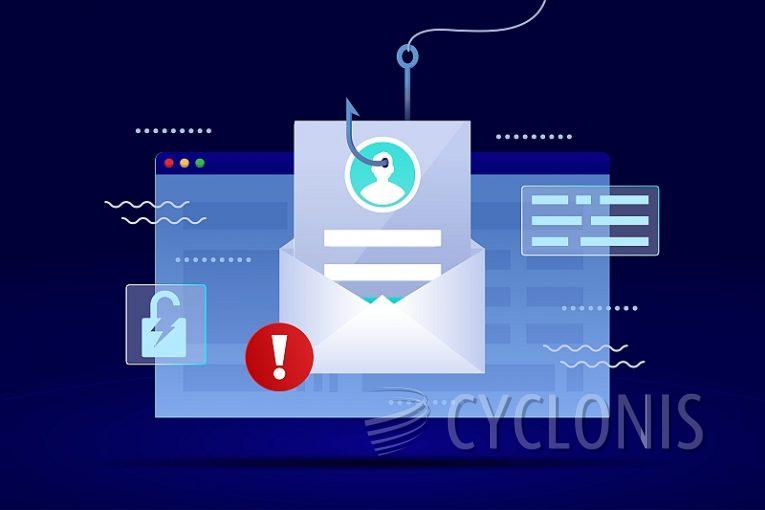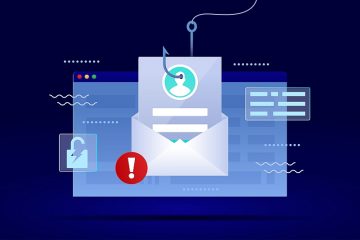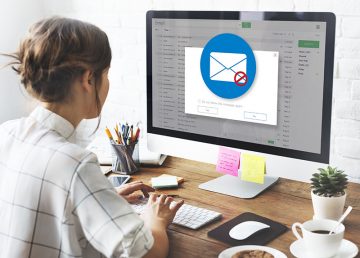'DHL - A Parcel Was Sent To You' Email Scam Fishes for Login Credentials

Upon investigation of the "DHL - A Parcel Was Sent To You" email, our team has confirmed that it is a fraudulent message. The phishing email disguises itself as a legitimate shipment notification from DHL, and aims to obtain the email account credentials of its recipients. It is essential to note that the actual DHL logistics company is not associated with this scam.
The email in question, with a subject line that may vary but often includes "DHLe-Secure - Request of Your Correct Shipping Info For Your Pending Parcel", appears to be a notification from DHL about a package that has been sent to the recipient. The email asks the recipient to provide their correct shipping information through an attached file.
It is crucial to understand that this email is not genuine and is part of a phishing campaign. The attached HTML file, which is presented as the "DHL Online Tracking System", prompts the user to enter their email address and corresponding password to access package tracking data.
By entering their login credentials into the phishing file, the user unknowingly exposes their email account to the scammers. This information can be used to access financial accounts, make unauthorized purchases, and potentially steal the user's identity on social media and other platforms.
The cyber criminals behind this scam can use the stolen information to solicit funds from the victim's contacts, promote scams, and distribute malware through malicious links and files. It is important to be cautious when receiving unsolicited emails and to verify the authenticity of any requests for personal information.
How Can You Tell if an Email is a Scam?
There are several signs that can indicate that an email is a scam. Here are some things to look out for:
The sender's email address: Check if the sender's email address is legitimate or if it looks suspicious. Scammers often use fake email addresses that mimic a legitimate company's email address.
The subject line: Scammers often use attention-grabbing subject lines to trick people into opening the email, such as "urgent action required" or "you've won a prize."
Spelling and grammar errors: Many scam emails have spelling and grammar errors, which can be a sign that the email is not legitimate.
Suspicious attachments or links: Do not open any attachments or click on any links in an email unless you are sure that it is from a legitimate source. Scammers often use attachments or links to spread malware or to trick people into revealing personal information.
Urgent or threatening language: Scammers often use urgent or threatening language to scare people into taking action, such as "your account will be closed if you don't act now."
Requests for personal information: Legitimate companies will never ask for personal information via email, so be wary of any emails that request this information.
Overall, if an email seems too good to be true or if it contains any of the above signs, it's best to err on the side of caution and not engage with it.







